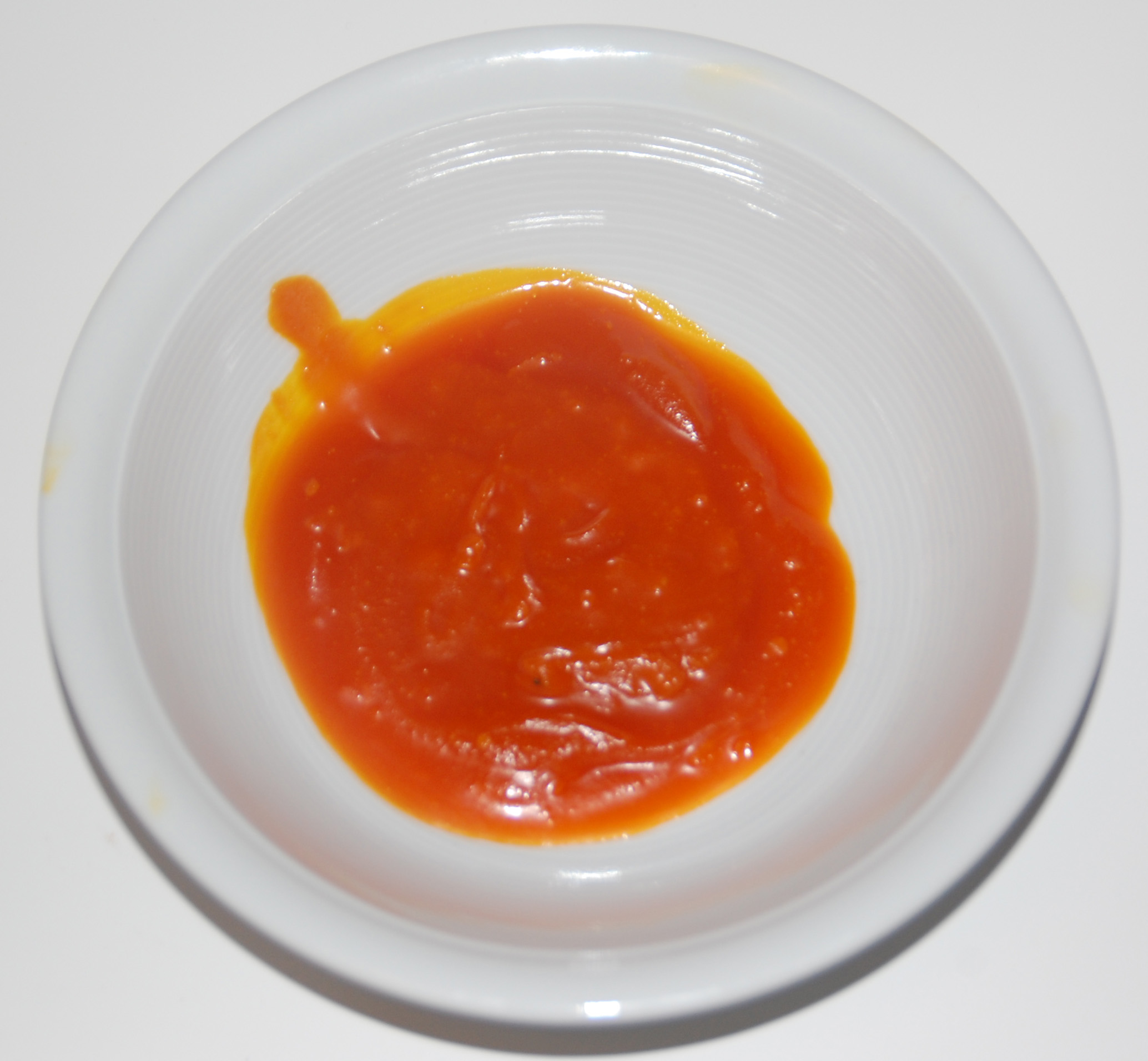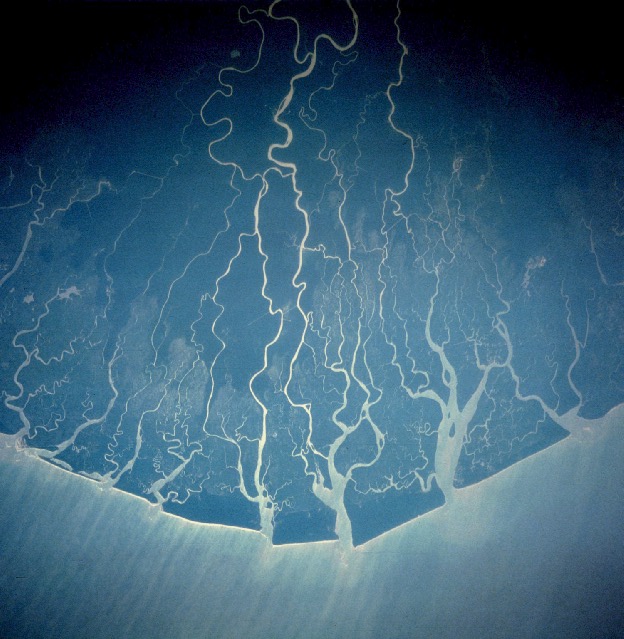|
Koko, Delta
Koko is the major town in and the headquarters of Warri North Local Government Area of Delta State, South South Nigeria. It is one of the major towns in the Niger Delta region. History The town of Koko has is inhabited by the Itsekiri people, Itsekeris, one of the major ethnic groups in Delta State. The town was a major trading hub for goods such as palm oil, rubber and timber. Koko is home to Nana Olomu, the merchant Prince of the Niger Delta. He is a very prominent Itsekiri personality and traded with the British as the Governor of the Benin River before they turned on him to fight the Ebrohimi expedition against him. On his return from exile, he settled with his family at Koko, his farming settlement wherein he engaged over 500 of his servants for cultivation purposes prior to his appointment as Governor of Benin River.On his return from exile, he constructed an edifice known then as Nanna Palace. This palace is now known as the Nanna Living History Museum, Koko. As a result ... [...More Info...] [...Related Items...] OR: [Wikipedia] [Google] [Baidu] |
States Of Nigeria
Nigeria is a federation of 36 states, each of which is a semi-autonomous political unit that shares power with the federal government as enumerated under the Constitution of Nigeria, Constitution of the Federal Republic of Nigeria. In addition to the states, there is the Federal Capital Territory (Nigeria), Federal Capital Territory (FCT), in which the capital city of Abuja is located. The FCT is not a state, but a territory of the federal government, governed by Federal Capital Territory Administration, an administration headed by List of ministers of the Federal Capital Territory (Nigeria), a minister. Each state is subdivided into Local government areas of Nigeria, local government areas (LGAs). There are 774 local governments in Nigeria. Under the Nigerian Constitution, the 36 states enjoy substantial autonomy but are not sovereign entities, as ultimate authority lies with the federal government. Amendments to the constitution can be proposed by the National Assembly, but ... [...More Info...] [...Related Items...] OR: [Wikipedia] [Google] [Baidu] |
Nigerian Pidgin
Nigerian Pidgin, also known simply as Pidgin or as Naijá in scholarship, is an English-based creole language spoken as a ''lingua franca'' across Nigeria. The language is sometimes referred to as ''Pijin'' or ''Vernacular''. Coming into existence during the 17th and 18th centuries as a result of contact between Britons and Africans involved in the Atlantic slave trade, in the 2010s, a common orthography was developed for Pidgin which has been gaining significant popularity in giving the language a harmonized writing system. It can be spoken as a pidgin, a creole, dialect or a decreolised acrolect by different speakers, who may switch between these forms depending on the social setting. Variations of what this article refers to as "Nigerian Pidgin" are also spoken across West and Central Africa, in countries such as Benin, Ghana, and Cameroon. Status Nigerian Pidgin is commonly used throughout the country, but it has not been granted official status. Pidgin breaks the comm ... [...More Info...] [...Related Items...] OR: [Wikipedia] [Google] [Baidu] |
Nana Olomu
Nana Olomu (also spelled Olumu) (1852–1916) was an Itsekiri chief and palm oil merchant from the Niger Delta region of southern Nigeria. He was the fourth Itsekiri chief to hold the position of Governor of Benin River. Background to conflict with the British In 1851, the British Consul for the Bights of Benin and Biafra, John Beecroft, established the post of Governor of Benin River and gave it to an Itsekiri chief, Idiare. The governorship was intended to pass back and forth between two prominent Itsekiri families, the Emaye and the Ologbotsere. However, upon the death of his father, an Ologbotsere, the governorship was passed directly to Nana Olomu, instead of one of the Emaye. In 1884, Nana Olomu, the fourth Governor of Benin River, signed a treaty on behalf of the Itsekiri, granting the British further rights in Itsekiriland. The relations between the two were peaceful until the Berlin Conference of 1884-85 and the ensuing Scramble for Africa, which led the British to try ... [...More Info...] [...Related Items...] OR: [Wikipedia] [Google] [Baidu] |
Palm Oil
Palm oil is an edible vegetable oil derived from the mesocarp (reddish pulp) of the fruit of oil palms. The oil is used in food manufacturing, in beauty products, and as biofuel. Palm oil accounted for about 36% of global oils produced from oil crops in 2014. Palm oils are easier to stabilize and maintain quality of flavor and consistency in ultra-processed foods, so they are frequently favored by food manufacturers. Globally, humans consumed an average of of palm oil per person in 2015. Demand has also increased for other uses, such as cosmetics and biofuels, encouraging the growth of palm oil plantations in tropical countries. The mass production of palm oil in the tropics has attracted the concern of environmental and human rights groups. The palm oil industry is a significant contributor to deforestation in the tropics where palms are grown and has been cited as a factor in social problems due to allegations of human rights violations among growers. In 2018, a repor ... [...More Info...] [...Related Items...] OR: [Wikipedia] [Google] [Baidu] |
Niger Delta
The Niger Delta is the delta of the Niger River sitting directly on the Gulf of Guinea on the Atlantic Ocean in Nigeria. It is located within nine coastal southern Nigerian states, which include: all six states from the South South geopolitical zone, one state ( Ondo) from South West geopolitical zone and two states ( Abia and Imo) from South East geopolitical zone. The Niger Delta is a very densely populated region sometimes called the Oil Rivers because it was once a major producer of palm oil. The area was the British Oil Rivers Protectorate from 1885 until 1893, when it was expanded and became the Niger Coast Protectorate. The delta is a petroleum-rich region and has been the center of international concern over extensive pollution which is often used as an example of ecocide. The principal cause is major oil spills by multinational corporations of the petroleum industry. Geography The Niger Delta, as now defined officially by the Nigerian government, extends ove ... [...More Info...] [...Related Items...] OR: [Wikipedia] [Google] [Baidu] |
South South Nigeria
The South-South is one of the six geopolitical zones of Nigeria. It designates both a geographic and political region of the country's eastern coast. It comprises six states – Akwa Ibom, Bayelsa, Cross River, Delta, Edo, and Rivers. The zone stretches along the Atlantic seaboard from the Bight of Benin coast in the west to the Bight of Bonny coast in the east. It encloses much of the Niger Delta, which is instrumental in the environment and economic development of the region. Geographically, the zone is divided with the Central African mangroves in the coastal far south while the major inland ecoregions are–from east to west–the Cross–Sanaga–Bioko coastal forests, Cross–Niger transition forests, Niger Delta swamp forests, and Nigerian lowland forests. Although the South-South represents only ~10% of Nigerian territory by land area, it contributes greatly to the Nigerian economy due to extensive oil and natural gas reserves. The zone has a population ... [...More Info...] [...Related Items...] OR: [Wikipedia] [Google] [Baidu] |
Islam
Islam is an Abrahamic religions, Abrahamic monotheistic religion based on the Quran, and the teachings of Muhammad. Adherents of Islam are called Muslims, who are estimated to number Islam by country, 2 billion worldwide and are the world's Major religious groups, second-largest religious population after Christians. Muslims believe that Islam is the complete and universal version of a Fitra, primordial faith that was revealed many times through earlier Prophets and messengers in Islam, prophets and messengers, including Adam in Islam, Adam, Noah in Islam, Noah, Abraham in Islam, Abraham, Moses in Islam, Moses, and Jesus in Islam, Jesus. Muslims consider the Quran to be the verbatim word of God in Islam, God and the unaltered, final revelation. Alongside the Quran, Muslims also believe in previous Islamic holy books, revelations, such as the Torah in Islam, Tawrat (the Torah), the Zabur (Psalms), and the Gospel in Islam, Injil (Gospel). They believe that Muhammad in Islam ... [...More Info...] [...Related Items...] OR: [Wikipedia] [Google] [Baidu] |
Christianity
Christianity is an Abrahamic monotheistic religion, which states that Jesus in Christianity, Jesus is the Son of God (Christianity), Son of God and Resurrection of Jesus, rose from the dead after his Crucifixion of Jesus, crucifixion, whose coming as the Messiah#Christianity, messiah (Christ (title), Christ) was Old Testament messianic prophecies quoted in the New Testament, prophesied in the Old Testament and chronicled in the New Testament. It is the Major religious groups, world's largest and most widespread religion with over 2.3 billion followers, comprising around 28.8% of the world population. Its adherents, known as Christians, are estimated to make up a majority of the population in Christianity by country, 157 countries and territories. Christianity remains Christian culture, culturally diverse in its Western Christianity, Western and Eastern Christianity, Eastern branches, and doctrinally diverse concerning Justification (theology), justification and the natur ... [...More Info...] [...Related Items...] OR: [Wikipedia] [Google] [Baidu] |
Religions
Religion is a range of social- cultural systems, including designated behaviors and practices, morals, beliefs, worldviews, texts, sanctified places, prophecies, ethics, or organizations, that generally relate humanity to supernatural, transcendental, and spiritual elements—although there is no scholarly consensus over what precisely constitutes a religion. It is an essentially contested concept. Different religions may or may not contain various elements ranging from the divine, sacredness, faith,Tillich, P. (1957) ''Dynamics of faith''. Harper Perennial; (p. 1). and a supernatural being or beings. The origin of religious belief is an open question, with possible explanations including awareness of individual death, a sense of community, and dreams. Religions have sacred histories, narratives, and mythologies, preserved in oral traditions, sacred texts, symbols, and holy places, that may attempt to explain the origin of life, the universe, and other phenomena. Rel ... [...More Info...] [...Related Items...] OR: [Wikipedia] [Google] [Baidu] |
Ijaw Languages
The Ijaw languages (), also spelled Ịjọ, are the languages spoken by over 14 million Ijaw people in Nigeria. Classification The Ijo languages were traditionally considered a distinct branch of the Niger–Congo family (perhaps along with Defaka in a group called Ijoid). They are notable for their subject–object–verb basic word order, which is otherwise an unusual feature in Niger–Congo, shared only by such distant potential branches as Mande and Dogon. Like Mande and Dogon, Ijoid lacks even traces of the noun class system considered characteristic of Niger–Congo. This motivated Joseph Greenberg, in his initial classification of Niger–Congo, to describe them as having split early from that family. However, owing to the lack of these features, linguist Gerrit Dimmendaal doubts their inclusion in Niger–Congo altogether and considers the Ijoid languages to be an independent family. The ijoid languages can be classified into three main linguistic groups, Easter ... [...More Info...] [...Related Items...] OR: [Wikipedia] [Google] [Baidu] |





